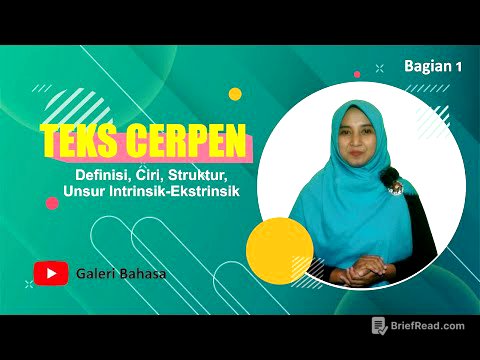TLDR;
The speaker shares her personal journey of language learning, contrasting her unsuccessful traditional methods with her self-taught, immersive experiences in Korean and Mandarin. She advocates for acquiring languages through enjoyable, real-world content like videos and social media, emphasizing the importance of comprehensible input and authentic expression. The core idea is that language acquisition should be fun, effortless, and integrated into one's lifestyle, rather than a chore.
- Learning through immersion and enjoyment is more effective than traditional study methods.
- Comprehensible input and authentic expression are key to language acquisition.
- Technology and online content can be powerful tools for language learning.
Introduction: The Speaker's Language Learning Struggles [0:01]
The speaker begins by recounting her early struggles with learning French and German through traditional methods like textbooks and rote memorization. Despite years of study, she failed to achieve fluency or even hold basic conversations. This experience led her to believe that language learning was a tedious and ineffective process.
A New Approach: Self-Taught Success in Korean and Mandarin [1:21]
At age 12, the speaker decided to learn Korean on her own, driven by her interest in Korean music. Within two and a half years, she achieved fluency through immersion, living in South Korea and interacting with native speakers daily. Inspired by this success, she then taught herself Mandarin in just a year and a half, again through immersive methods rather than formal study.
The Key Difference: Acquisition vs. Traditional Study [1:57]
The speaker highlights that her success in Korean and Mandarin stemmed from a different approach to language learning. Unlike her previous experiences with French and German, she didn't rely on teachers, textbooks, or memorization. Instead, she acquired the languages naturally through exposure and engagement with authentic content.
Getting Started: The Initial Phase of Language Learning [2:23]
To begin learning a new language, the speaker recommends using platforms like YouTube to learn basic words and phrases. She emphasizes the importance of practicing pronunciation by repeating what you hear. This initial phase of focused study can be as short or as long as you like, depending on your preference and pace.
Beyond the Basics: Embracing Language Acquisition [2:55]
Once you have a grasp of basic vocabulary and sentence structure, the speaker advises against sticking to traditional study methods. She argues that these methods can be ineffective and lead to learning incorrect or unnatural language patterns. Instead, she advocates for language acquisition, a largely unconscious process similar to how we learn our first language.
Comprehensible Input: The Core of Language Acquisition [4:10]
The key to language acquisition is comprehensible input, which is language that is slightly above your current proficiency level. This allows you to understand most of what you hear or read while still being challenged by new words and structures. By immersing yourself in comprehensible input, your brain naturally picks up patterns and improves your understanding.
Making it Fun: Learning Through Enjoyable Content [5:31]
To make language learning more enjoyable, the speaker suggests engaging with content that you already enjoy in your target language. This could include watching movies, TV shows, YouTube videos, or using social media. By connecting the language with your interests, you're more likely to stay motivated and make progress.
Authentic Expression: Using the Language Actively [6:28]
Another crucial step is to use the language to express yourself authentically. This can involve practicing speaking with native speakers, either in person or online. If you're not comfortable speaking yet, you can also practice thinking in the language to become more familiar with its nuances.
Reading and Writing: A Natural Assimilation [7:00]
The speaker advises against spending too much time memorizing reading and writing rules. Instead, she suggests focusing on how words are written while listening to the language. By engaging with written text in context, you'll naturally assimilate the writing system without needing to memorize it.
The Unconscious Process: Trusting the Journey [8:11]
The speaker acknowledges that you may feel like you're not making progress at times, but she emphasizes that language acquisition is an unconscious process. As long as you continue to listen to the language, you will continue to learn, even if you don't realize it.
Conclusion: The Power of Language Learning [8:36]
In conclusion, the speaker reiterates that you don't need a teacher or textbook to learn a new language. All you need is motivation and an internet connection. She encourages viewers to embrace language acquisition as a fun, effortless, and effective way to connect with new people, cultures, and experiences.
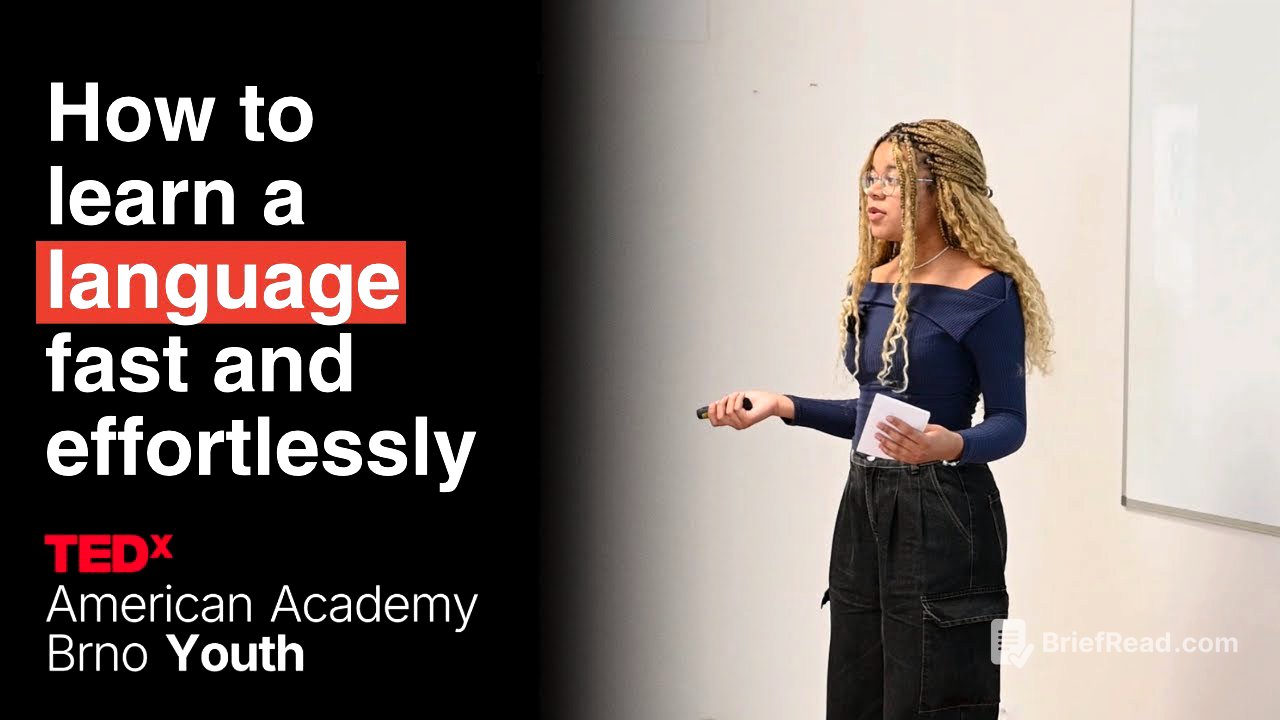

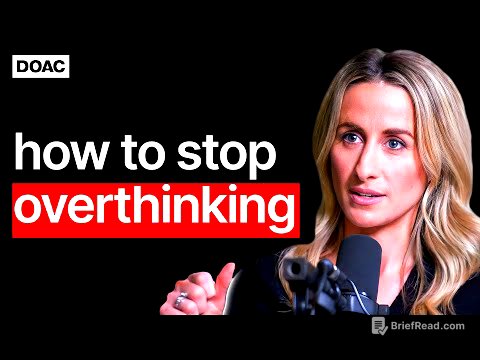

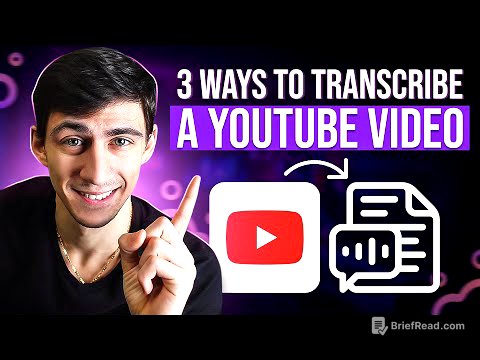
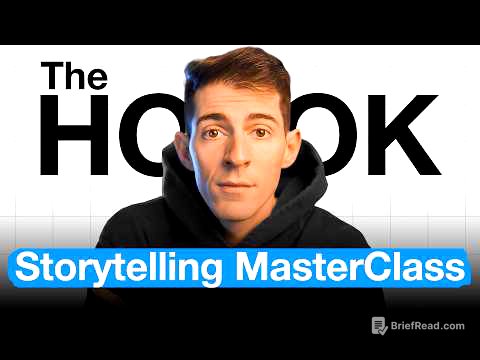
![Squidward gets an Anti Piracy Screen gets arrested and gets grounded [don't choose Piracy!]](https://wm-img.halpindev.com/p-briefread_c-10_b-10/urlb/aHR0cDovL2ltZy55b3V0dWJlLmNvbS92aS9ydzFyaXVEY0dpYy9ocWRlZmF1bHQuanBn.jpg)
